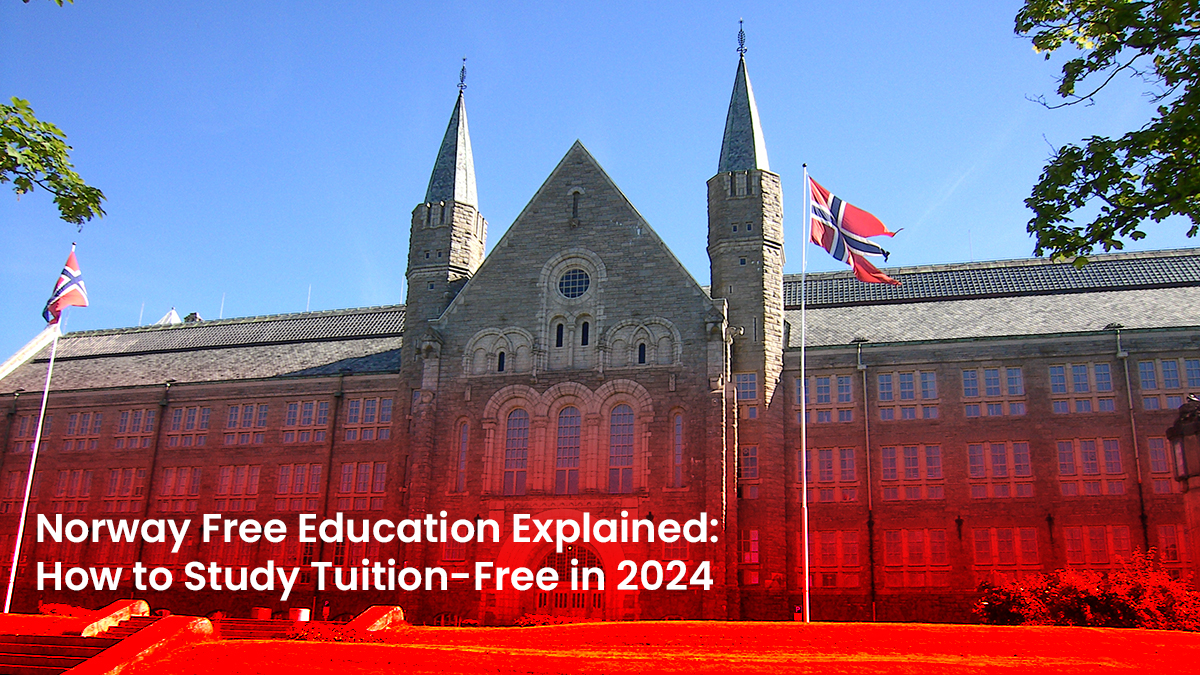The 2024 edition of INTO University Partnerships’ Global Agent Survey reveals significant trends in the international education landscape. Conducted in March 2024, the survey gathered responses from 1240 student recruitment partners across 65 countries, with Chinese and Indian participants comprising nearly half of the sample.
Increasing Application Volumes and Affordability Concerns
A substantial rise in the number of applications submitted by students is driven by uncertainty regarding destination policies and a desire to secure the best educational deals. The focus on affordability is critical, with over 80% of student recruitment partners indicating that cost considerations are becoming a primary factor in study abroad discussions. This price sensitivity is most pronounced in Africa (96%) and least in the Middle East (75%).
Growing Interest in Alternative Destinations
Amid tightening immigration settings and increasing costs in traditional destinations like Australia, Canada, and the UK, students are exploring alternatives in Europe and Asia. Recruitment partners from South Asia and the Middle East & Africa regions have reported heightened interest in European countries, particularly Germany and Ireland. Chinese partners are seeing a surge in intra-regional applications, especially to Southeast Asia, reflecting a preference for geographic and cultural proximity.
“Hedging” Strategies and Administrative Challenges
Students are applying to more institutions and working with multiple recruitment partners to hedge their bets. In 2023, 21% of recruitment partners submitted applications to over 60 universities, and 11% to more than 100 institutions. This trend underscores the need for robust backup plans in the face of visa delays and evolving policy landscapes. The administrative burden on institutions is significant, as they must manage numerous applications with varying degrees of seriousness.
Perspectives: Implications for Universities and Student Recruiters
Universities
Adapting to New Realities
Universities must navigate the increasingly competitive and dynamic landscape of international student recruitment by adopting several key strategies:
Enhanced Communication
Timely and effective communication is critical. Universities that respond quickly to student inquiries can stand out in a crowded market.
Affordability and Value
With cost being a major consideration, institutions need to clearly articulate the value proposition of their programs, including financial aid options and post-graduation employment opportunities.
Flexible Policies
Given the uncertainty around immigration and visa policies, universities should consider flexible admission and enrolment policies to accommodate the evolving needs and concerns of international students.
Student Recruiters
Understanding a Complex Market
Student recruitment partners must also adapt to the changing preferences and behaviors of prospective students:
Diversified Portfolios
Recruiters should expand their networks to include a broader range of destination countries, especially those in Europe and Asia, to offer students more options.
Professional Development: Participation in training and accreditation programs can enhance credibility and effectiveness. Keeping up-to-date with industry standards ensures better service to students and universities alike.
Strategic Counseling
Recruiters need to provide strategic advice to students, helping them understand the implications of multiple applications and guiding them towards making informed decisions.
In conclusion, drawing from the study, MSM Unify underscores the dynamic and competitive nature of the international education sector. With students exploring a wider range of destinations and adopting more strategic application approaches, universities, and student recruiters must adapt to these trends to attract and retain international students effectively.












